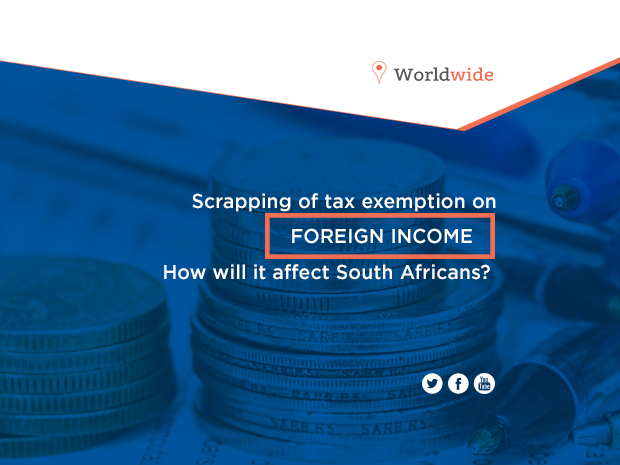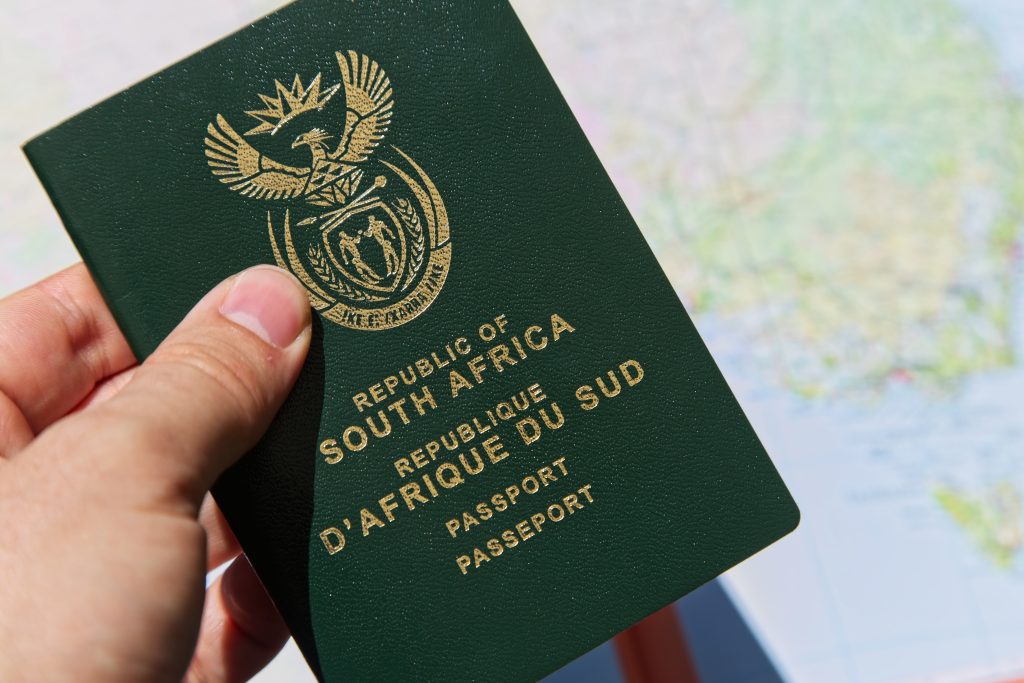Scrapping of tax exemption on foreign income – how will it affect South Africans?
By Amanda Visser
The favourable tax dispensation enjoyed by South Africans who work on long-term contracts abroad may come to an end.
National Treasury wants to rope in South Africans who currently enjoy tax exemption on their foreign income. This will mean that a South African who already pays foreign tax on this income will be taxed twice on the same income. However, provision is made for claiming a credit for tax payments made abroad.
Some tax experts have already expressed their reservations over the practical implications.
The exemptions were introduced in 2001 and apply to South Africans who work abroad for 183 days, of which 60 days must be uninterrupted over one year.
The Minister of Finance announced in February this year that the exemption seemed to be excessively generous because some South Africans did not pay any tax as their host country did not levy taxes on individuals, for example Dubai. In other cases, people paid significantly less tax as what they would have paid in South Africa. The Minister therefore suggested that South Africans should be taxed in South Africa if they didn’t pay any taxes abroad. The exemption would still apply in cases where they were subject to personal tax in the host country.
This suggestion was swept from the table, however, when the Draft Taxation Law Amendment Bill was published.
Stephan Spamer, Head of Baker McKenzie’s tax practice in Johannesburg, says that, in terms of this new Bill, tax will be levied on the remuneration paid to South Africans abroad, no matter how long they have worked there.
Spamer points out that the majority of double tax agreements that South Africa has with other countries respect South Africa’s right to tax employees’ remuneration. This is subject to giving credit for foreign tax paid, however.
“South Africans pay tax on their world-wide income. The proposed changes are more fair because there are South Africans who deliberately work in no- or low-tax countries to qualify for tax exemption.”
The tax agreement ensures that there will be no trace of double taxation because people will be receiving credit for tax paid abroad.
Erika de Villiers, Head of Tax Policy at the South African Institute for Tax Professionals (SAIT), warns that a tax credit claim may not be as easy as it sounds. She says that South Africans who work on short-term contracts abroad are not entitled to exemption and will therefore have to go through the process of claiming back the tax credit. It often takes very long for the benefit of a foreign tax credit to be paid out, and in many cases it is almost impossible to provide proof that tax was paid abroad.
Many South Africans, especially young people, can decide to finally sever their ties with the country and emigrate. StatsSA’s emigration figure for 2006 until 2016 indicate that the largest group of emigrants are between the ages of 25 and 39. The most emigrations (25,7%) for the period occurred in 2015. The most popular foreign destinations are Australia, the United Kingdom, the USA and New Zealand.
According to De Villiers, it is probably “cheaper” for younger people to emigrate as a result of the costs related to capital gains tax on the putative selling of their South African assets. Younger people normally have less assets and may decide that the loss of future income as a result of the new tax burden weighs more than the cost of leaving the country.
The proposed date for the scrapping of the exemptions is 1 March 2019. Interested parties have only until 18 August 2017 to comment, however.
Share on
Latest articles




















